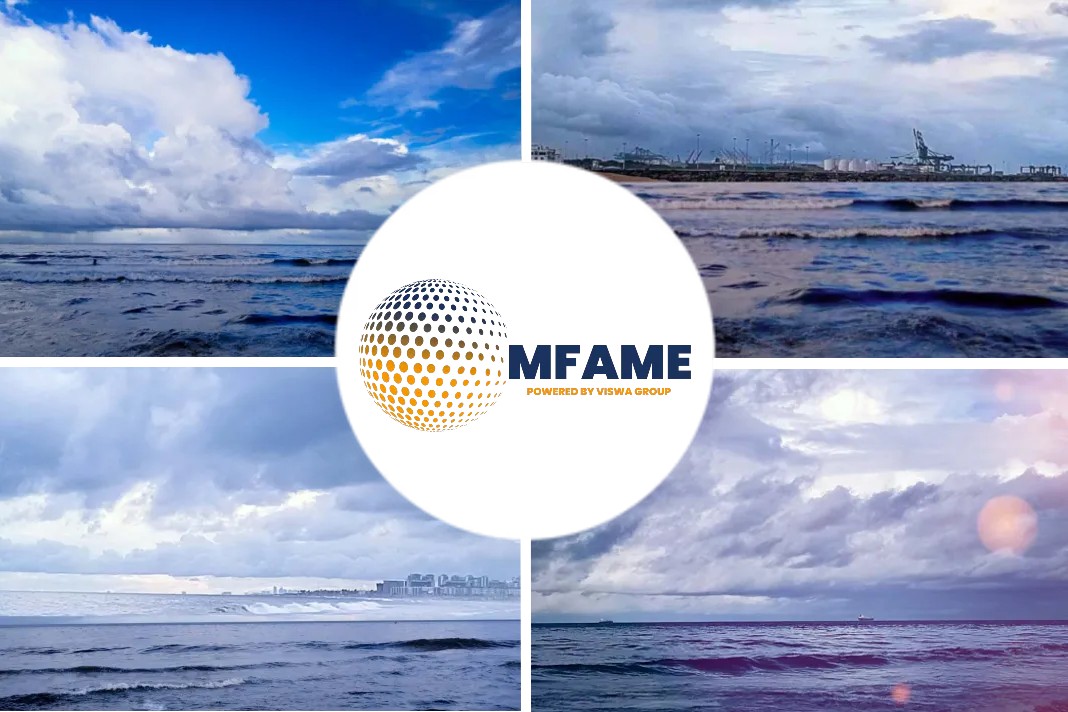- The newly-published Industry Roadmap identifies the innovation needs to ensure zero-emission fuels, ships, and fueling infrastructure by 2030.
- The Zero-Emission Shipping Mission, a part of Mission Innovation, is led by Denmark, the United States, Norway, Global Maritime Forum, and the Mærsk Mc-Kinney Møller Center for Zero Carbon Shipping and is supported by Singapore, the United Kingdom, India, Morocco, Ghana, France and South Korea.
- By 2030, at least 200 of these well-to-wake zero-emission fueled ships are in service and utilizing these fuels across their main deep-sea shipping routes.
Zero-Emission Shipping Mission, which aims to accelerate international public-private collaboration to scale and deploy new green maritime solutions, has published the Industry Roadmap as a step closer to achieving its goal. As stated in a recent report by Offshore Energy.
Identifying innovation needs to ensure zero-emission fuels
The newly-published Industry Roadmap identifies the innovation needs to ensure zero-emission fuels, ships, and fueling infrastructure by 2030 and making zero-emission shipping the natural choice for ship owners.
It is seen as an important step forwards as it identifies the industry innovation needs, the existing work, and what innovation gaps to prioritise to accelerate progress on international shipping zero-emission pathways.
The roadmap is being presented and discussed at Mission Innovation Annual Gathering in New Delhi this week.
The Zero-emission shipping mission
The Zero-Emission Shipping Mission, a part of Mission Innovation, is led by Denmark, the United States, Norway, Global Maritime Forum, and the Mærsk Mc-Kinney Møller Center for Zero Carbon Shipping and is supported by Singapore, the United Kingdom, India, Morocco, Ghana, France and South Korea.
The three main goals of the mission are:
- Develop, demonstrate, and deploy zero-emission fuels, ships, and fuel infrastructure in a coordinated fashion along the full value chain.
- By 2030, ships capable of running on hydrogen-based zero-emission fuels—such as green hydrogen, green ammonia, green methanol, and advanced biofuels—make up at least 5% of the global deep-sea fleet measured by fuel consumption.
- By 2030, at least 200 of these well-to-wake zero-emission fueled ships are in service and utilizing these fuels across their main deep-sea shipping routes.
Did you subscribe to our daily Newsletter?
It’s Free! Click here to Subscribe
Source: Offshore Energy


















